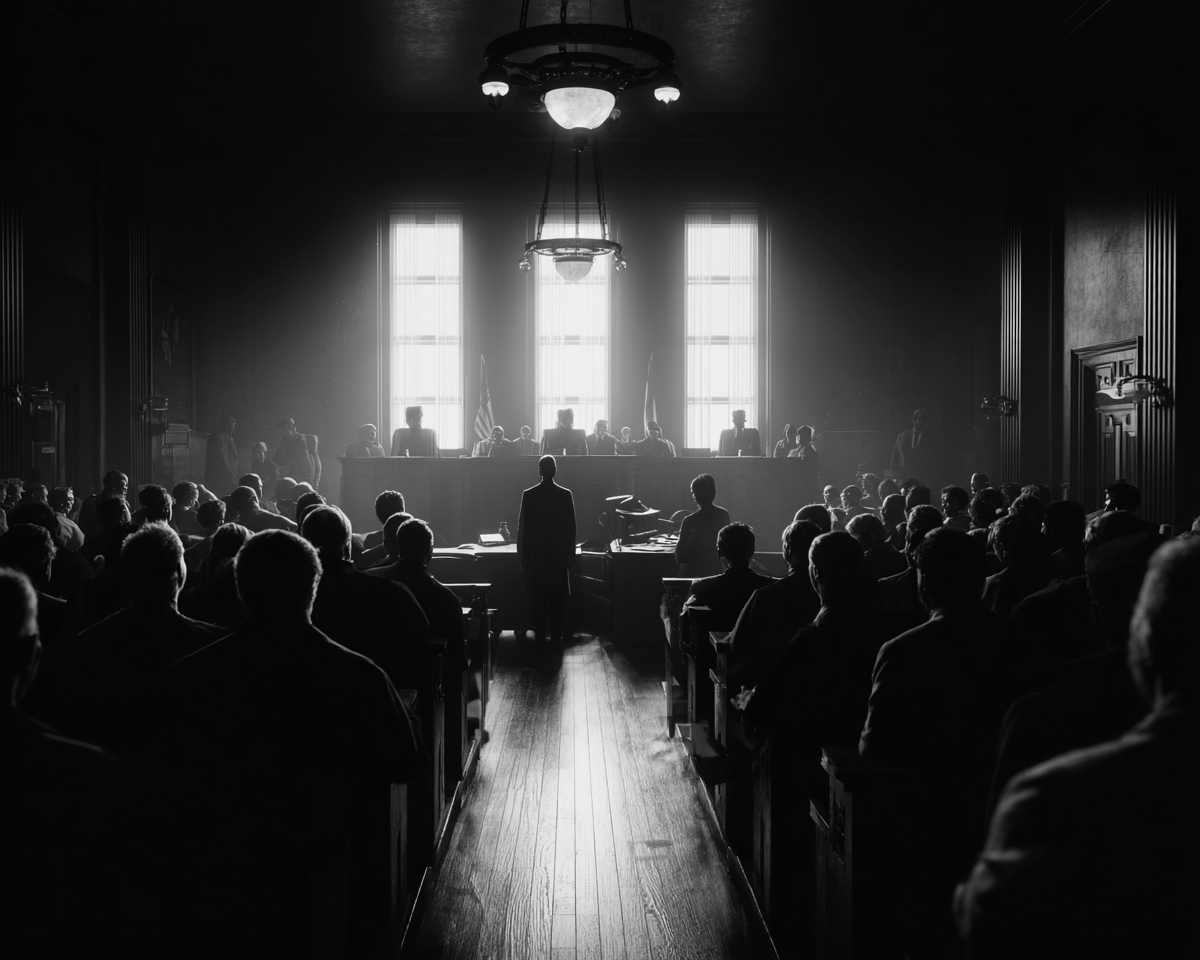
In the year 2024, I litigated two matters in one of the labor courts in Querétaro, involving two people who filed their lawsuits within days of each other, claiming as their main action the reinstatement derived from an unjustified dismissal.
The workers hired the same law firm to handle their defense, since they were co-workers and the same defendant company, and both lawsuits were filed in the same labor court.
In both cases, the law firm representing the workers inflated the salaries excessively.
In one of the lawsuits, the employee alleged that she had been dismissed while she was breastfeeding, but she did not exhibit any document in her written complaint and evidence to prove it, so that on the day of the trial hearing, when it was the employee's turn to absolve positions, the judge, independently of the positions formulated by the defendant, asked the employee if it was true that she was earning the monthly amount she claimed, because in the stamped payroll receipts offered as evidence, the judge, independently of the positions formulated by the defendant, asked the employee if it was true that she earned the monthly amount she claimed, because in the stamped payroll receipts, offered as evidence by the defendant to disprove the salary demanded, it was much lower, The worker pointed out that this was the fiscal part, but more money was deposited separately, but everything was reflected in her account, for which the judge required her to exhibit within three days the bank statements in order to corroborate the truth of her statement, in the same way, within the same term, she requested the exhibition of the birth certificate or birth certificate of the minor, to verify if she was dismissed during the period of breastfeeding, since if so, the trial would be judged with a gender perspective.
The worker accredited that on the date she alleges the dismissal was within the breastfeeding period, but she never exhibited the bank account statements, and this leads to the logic that she was only paid what was stamped in the payroll, and she was not paid any other amount, that is why she did not exhibit the bank account statements, accrediting that the salary was inflated, and they were incurring in the crime of false declaration before the authority.
In that trial, no mention was made in the sentence about the falsity of statements, because it was a gender perspective trial.
But in the other trial, remembering that the same law firm was defending another female employee against the same company, that trial had no discrimination, no gender perspective or anything that would be considered serious, it was a normal trial, so to speak.
In this second lawsuit, the judge determined that the plaintiff's salary was being inflated, but pointed out that if it is true that the plaintiff is making false statements, she is being advised by lawyers who are familiar with the matter.
He also pointed out that this law firm is not the first time that it has done this in the court of inflated salaries, and that in fact the judge is aware of it, since he investigated in other courts, that they also do this, for which a fine of approximately $30,000.00 was imposed on the lawyer who appeared in the trial in defense of the worker.
Before the labor reform, when labor lawsuits were heard before the Conciliation and Arbitration Boards, there were bad practices, one of the most common was to inflate the salary, where the boards were based only on what each party could prove, they did not go beyond the matter, nor did they use logical reasoning, as labor judges are now empowered to do.
At present, labor judges have the power to carry out the necessary investigations ex officio, in order to clarify the truth.
Therefore, in the meetings, if the employer did not have a written form to prove the true salary of the worker, there were lawyers who abused this omission on the part of the defendant, that is why it is very important the preventive labor law, having all the documents in order for a good defense, since it is not the same if you were to be sentenced with a salary of $300.00 pesos per day that you prove with your payroll receipts, to a salary of $800.00 pesos per day for not having to prove the inflated salary demanded by the worker.
For decades the falsification of declarations before the authorities has been classified as a crime, but the corresponding authorities did not give much importance to it, sometimes they did not even admit them, stating that they could not do anything until there was an economic detriment, but now it is a crime, in which bail is no longer available.
And if the complaint was admitted by the Prosecutor's Office and the investigation was opened, the lawyers were very easy to dismiss, pointing out that the worker's data was provided by him and that he believed in his client.
Now we have to be very careful, and it is better to ask them for documents and verify that they are real, since even if the worker is given the writ of claim directly and goes on his own right, this does not exempt the lawyer from responsibility, since the labor lawyer is supposed to know the labor matter.
Article 231 of the Federal Criminal Code states: "A prison term of two to six years, a fine of one hundred to three hundred days and suspension and disqualification for a term equal to the above mentioned penalty to practice the profession shall be imposed on attorneys, employers or litigants who are not ostensibly sponsored by attorneys, when they commit any of the following crimes:
The consequences of making a false statement before an authority, in this case, in any matter, but in our case in a labor lawsuit, would be:
Fines are the most common and what I have seen in practice, not only in this practical case, but also in others, some of which can be challenged before the administrative authority.
As far as the Prosecutor being notified by the Judge, for a possible crime of false declarations, in practice I have not seen it happen, nor have I heard from any of my colleagues in the labor union, that it has happened to them, but it may have happened and it simply has not reached our ears.
As for disqualification from the profession or withdrawal of the license, exactly the same as in the preceding paragraph.
But it is better to always have good practices, and do the forms correctly, make sure as lawyers that the information and documentation provided to us by our clients, whether they are workers or companies, is real, I know that many times, it is impossible to corroborate the authenticity of such information or documentation, but the cases when this happens are rare, so we have to know the matter well and be skilled in detecting when they lie to us or hide information, of course much of that is given by experience but it is not worth more to be attentive.
The reality is that it has worked that labor judges pay attention when false facts are alleged or salaries or any other benefits are inflated, because here in Jalisco, several law firms that are dedicated to inflating salaries and that did not negotiate, are no longer doing so, and that is a good sign, and a more transparent litigation and process is being carried out in accordance with the law.
Many lawyers left litigation when the reform went into effect, because they could not change the old school to which they were accustomed, in addition perhaps to the lack of capacity or not wanting to train more studying, and did not want to move forward making the leap to oral trials in labor matters.
The same happened in criminal matters, when the reform entered into force, remembering that labor and criminal matters are those in which before the reform of December 2012, people, even if they do not accredit to be lawyers, could take the trials.
In my personal point of view, these reforms have had great progress in the justice system, they have reduced malpractices, lawyers have been better prepared to provide our services in a better way.
References
Congress of the Union. Virtual Library. Revised March 03, 2025. https://www.diputados.gob.mx/LeyesBiblio/pdf/LFT.pdf
Congress of the Union. Virtual Library. Revised March 03, 2025. https://www.diputados.gob.mx/LeyesBiblio/pdf/CPF.pdf



